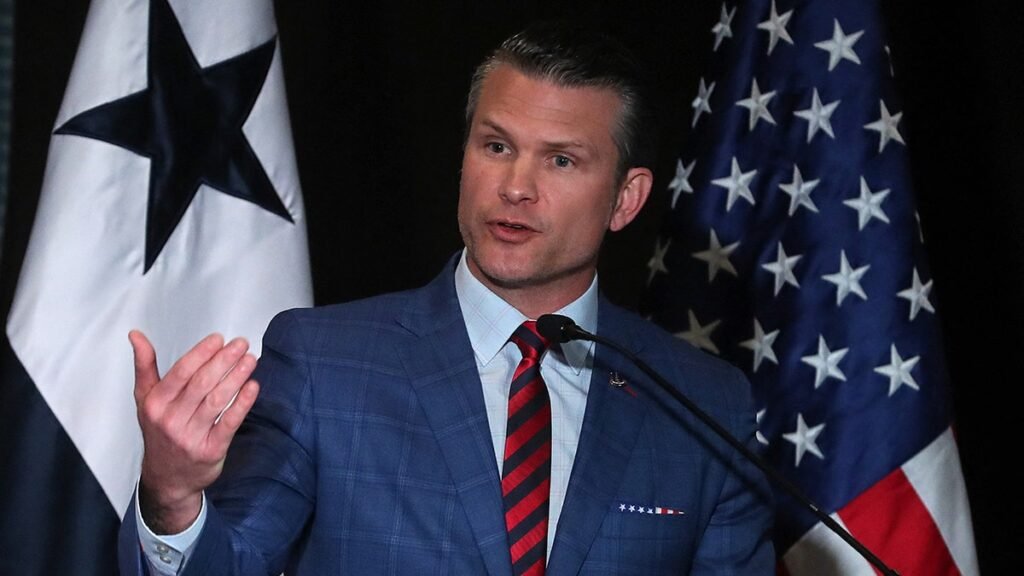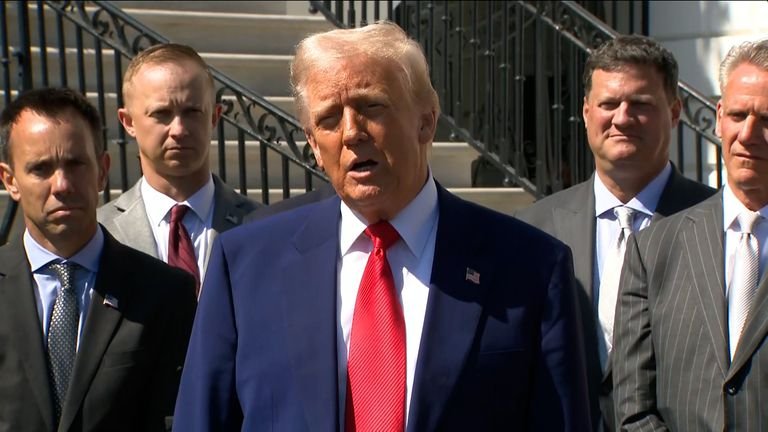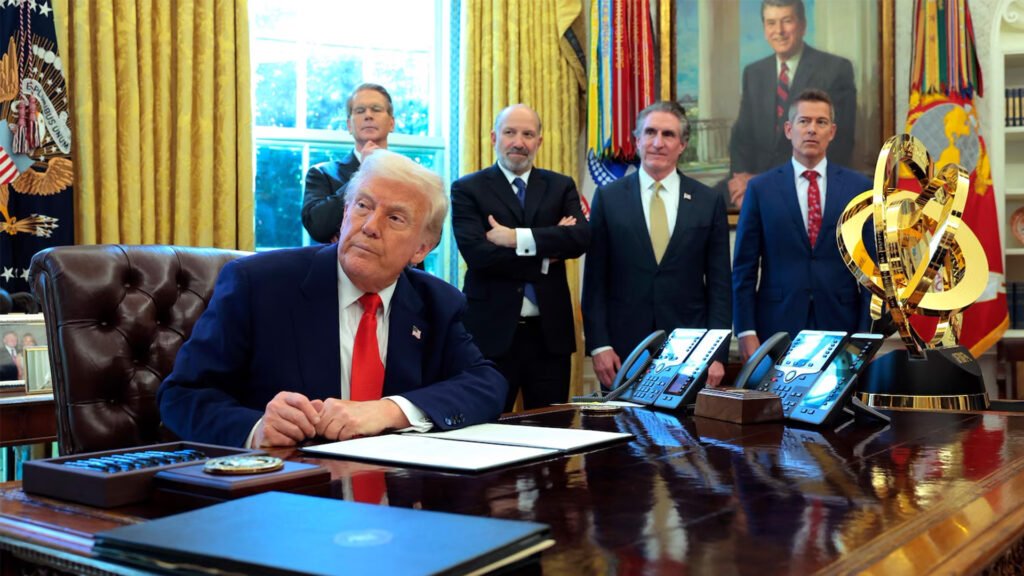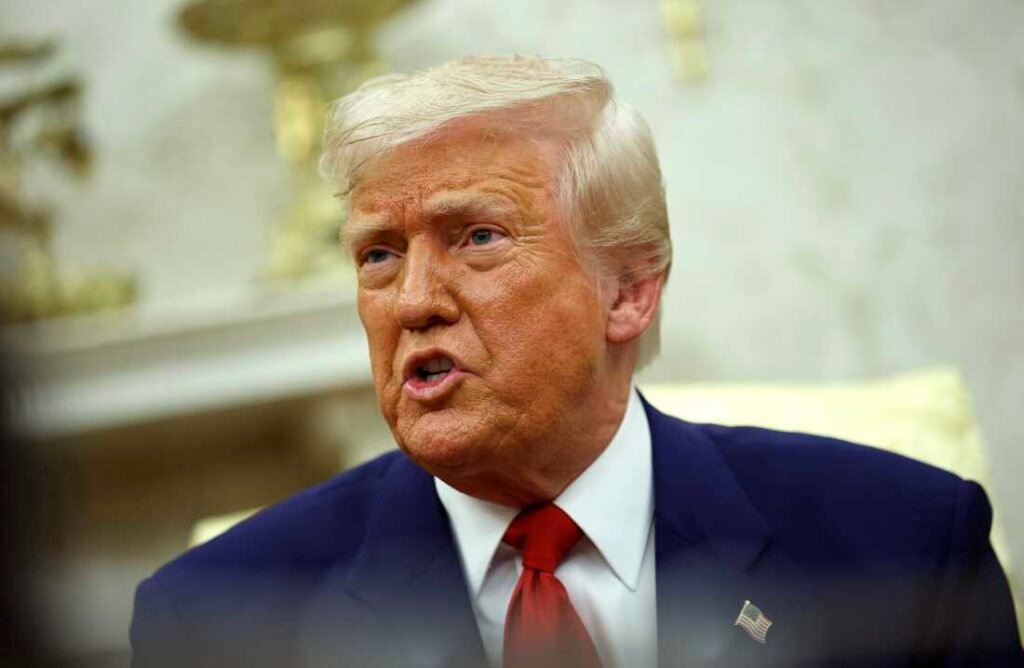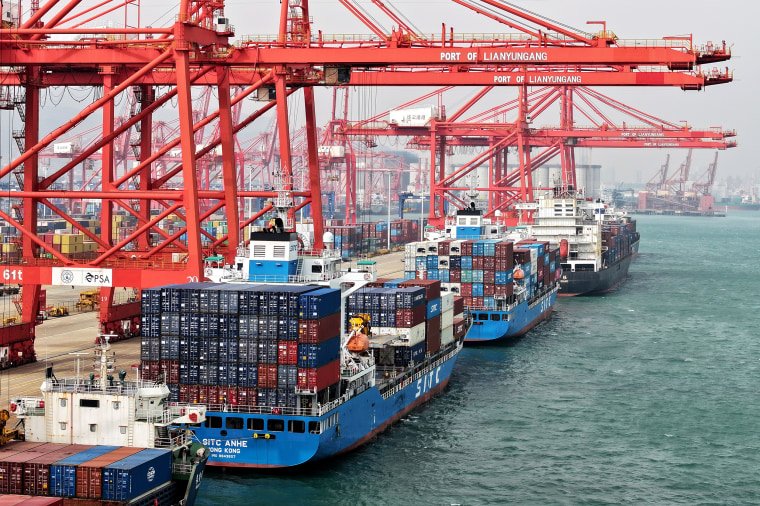The diktat was put into effect in January by departing US Ambassador Nicholas Burns, just before his exit from China, four people with direct knowledge of the matter told AP.
No sexual relationship with Chinese citizens
The policy applies to staff at the US embassy in Beijing and consulates in Guangzhou, Shanghai, Shenyang and Wuhan, as well as the consulate in Hong Kong. US personnel stationed outside China or those already in pre-existing relationships with Chinese citizens might be exempt, the report said, citing unnamed sources with knowledge of the matter.
ALSO READ: Trump’s tariff plan keeps everyone guessing. Is it a recipe for economic disaster?
If the exemption is denied, they must end the relationship or leave their position, the people said. Anyone who violates the policy will be ordered to leave China immediately.

Live Events
It is pertinent to note that some US agencies already had strict rules on such relationships, known as the a blanket “non-fraternization” policy. It’s not uncommon for American diplomats in other countries to date locals and even marry them.
The policy, which has not been publicly announced but was communicated internally to US personnel in January, underscores the increasingly strained relationship between the United States and China. It comes amid ongoing disputes over trade, technology, and global influence.
A more restricted version of the policy was implemented last summer, barring US personnel from engaging in “romantic and sexual relations” with Chinese citizens employed as guards or support staff at the US Embassy and five consulates in China. However, in January—just days before President Donald Trump took office—departing Ambassador Burns expanded the policy into a comprehensive ban on such relationships with any Chinese citizen in China.
The State Department said it does not comment on internal matters. The National Security Council referred questions to the State Department. Burns, the former ambassador, did not reply to an AP request sent to his email address at The Cohen Group, a consultancy that he rejoined as vice chair in February.
The Chinese foreign ministry did not comment on the ban, saying in a faxed statement that it was “more appropriate to ask the U.S. about this question.”
Cold war era rules
The strict enforcement highlights the US government’s heightened concerns over security risks and determination to prevent potential foreign influence through personal ties. The new ban is seen as a significant shift, going back to the Cold War era, when similar restrictions were enforced on US personnel in Soviet-controlled territories and China. In those times, the US government imposed strict rules on diplomats to prevent espionage and the potential compromise of sensitive information through personal relationships.
The policy was relaxed after the Soviet Union collapsed in 1991, but the recent move indicates that Washington believes the risk of espionage and intelligence gathering by Chinese authorities has heightened in recent years.
In China, a blanket ban on such relations has not been in effect for many years. Until the new ban in January, U.S. personnel in China were required to report any intimate contact with Chinese citizens to their supervisors, but were not explicitly forbidden from sexual or romantic relationships.
U.S. diplomats and intelligence experts say that Beijing continues to aggressively use so-called honeypots to access American secrets. In presentations before being stationed in China, U.S. personnel are briefed on case studies where Chinese intelligence services sent attractive women to seduce American diplomats, and warned that dozens of Chinese state security agents can be assigned to monitor any individual diplomat of interest.
Rising tensions, tighter controls
In recent years, tensions between Washington and Beijing have escalated over trade, technology and geopolitical competition.
Peter Mattis, a former CIA analyst and president of The Jamestown Foundation, a Washington-based think tank, said there were at least two publicized cases in which Chinese agents seduced American diplomats stationed in China, though he hasn’t heard of such a case in recent years.
Mattis added that another issue is that Chinese state security doesn’t gather intelligence just through spies, but also by pressing ordinary Chinese people for information, often through threats or intimidation. That, Mattis said, means any Chinese citizen who dates an American diplomat could be vulnerable to coercion.
“The MSS is willing to leverage any human connection that a target has to collect intelligence,” Mattis said, using an acronym referring to China’s Ministry of State Security. “This rule change suggests the MSS has gotten a lot more aggressive at trying to access the embassy and U.S. government.”
(With inputs from AP)

